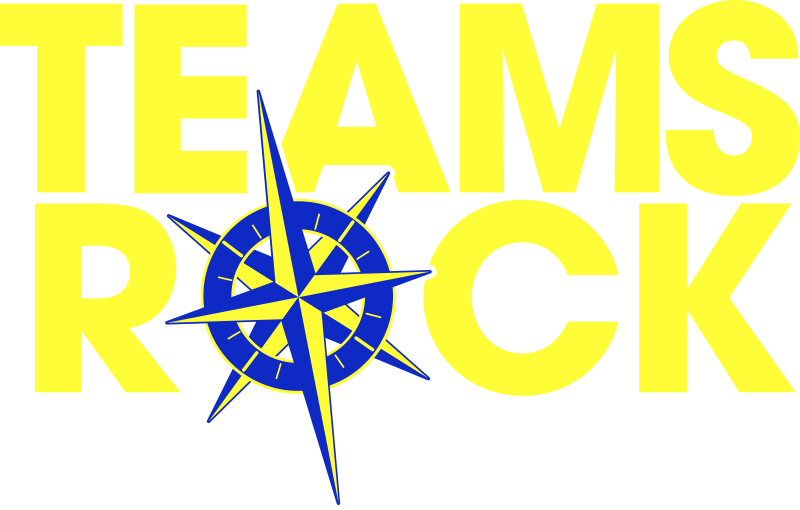
While the word “huddle” has been around for hundreds of years, do you know how the huddle came about in American football? It actually began in 1894 with quarterback Paul Hubbard, a deaf student at Gallaudet University. Gallaudet University is a college for deaf and hard of hearing students. In 1894, Hubbard was worried that the opposing team was stealing their hand signals so he decided to gather the team in a huddle and sign the plays to them. Before long, other deaf and hard of hearing colleges, as well as traditional colleges, were adapting the huddle into their play calling.
The huddle can be equally effective in business. Recently, I began a series of four team leadership sessions for the great folks at the Chesapeake Beach Resort & Spa in Chesapeake Beach, MD. This was designed around their off-season to help their department leaders become more effective, especially when they begin hiring their seasonal employees next spring. We talked about DiSC® behavioral styles, general communication, and delegation techniques.
Among the suggestions I made was the use of the huddle before each shift begins. Now, this concept is not new in business. Marriott hotels and the Hillstone Restaurant Group are among many successful organizations using a huddle, or as some people call it, a “stand up” before a team’s shift begins.
Immediately after our first session, one of the restaurant managers, Larissa, began her huddle meetings. Let me share Larissa’s comments from an email I recently received.
“… I am the manager of Smokey Joe’s restaurant and, from your first class with us, I loved the huddle idea and implemented it right away. I saw such amazing results and the best part was I no longer was hearing from my staff things like, “Oh I didn’t know.” or “No one told me that.” They were also holding each other accountable, which is such an amazing thing to see. So, this weekend I decided not to do a huddle on Sunday, as you suggested, to see what the response was. Well, I practically got yelled at (in a good way) by one of my servers. She told me that without the huddle she felt lost. After about a half hour into her shift and her constant reminding me that we hadn’t done our huddle yet, I went ahead and did one anyway. I was extremely surprised with this response, I know about 85% of my staff enjoys the huddles and it pumps them up, but I really thought that if I skipped one they wouldn’t even notice. Thank you for making the suggestion because now I see the impact it really has on their morale.”
Huddle, or stand-up, meetings are not long and, in fact, having everyone stand increases their effectiveness. Simple efforts to include everyone on your team, like the daily huddle, can increase morale, improve communication, increase accountability, and ultimately improve your bottom line.


Leave A Comment